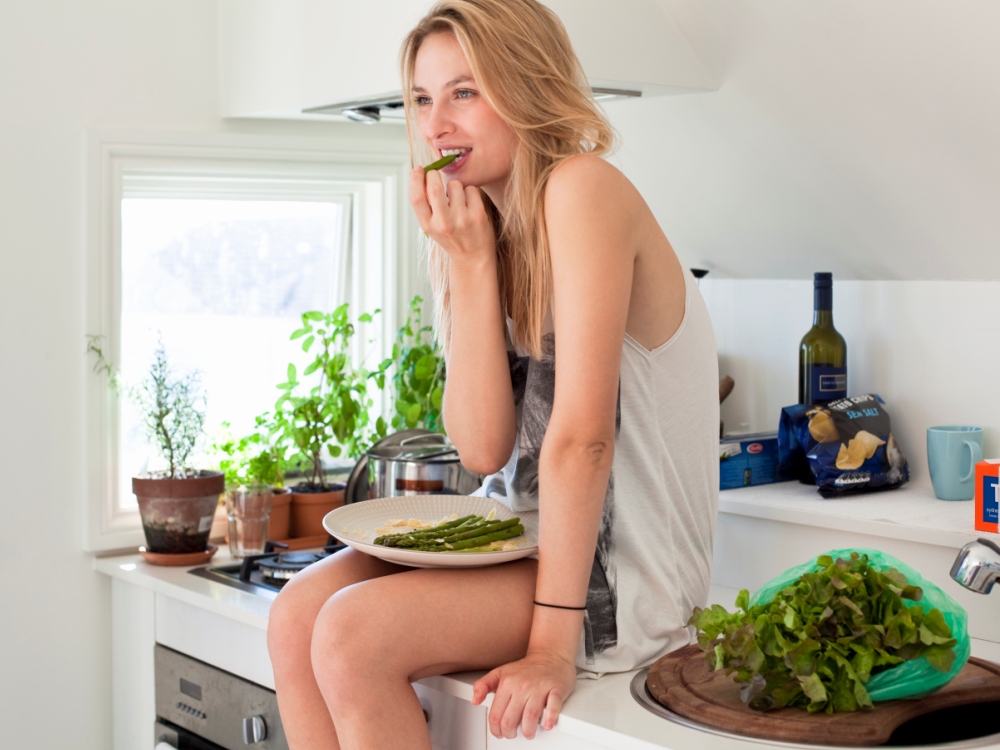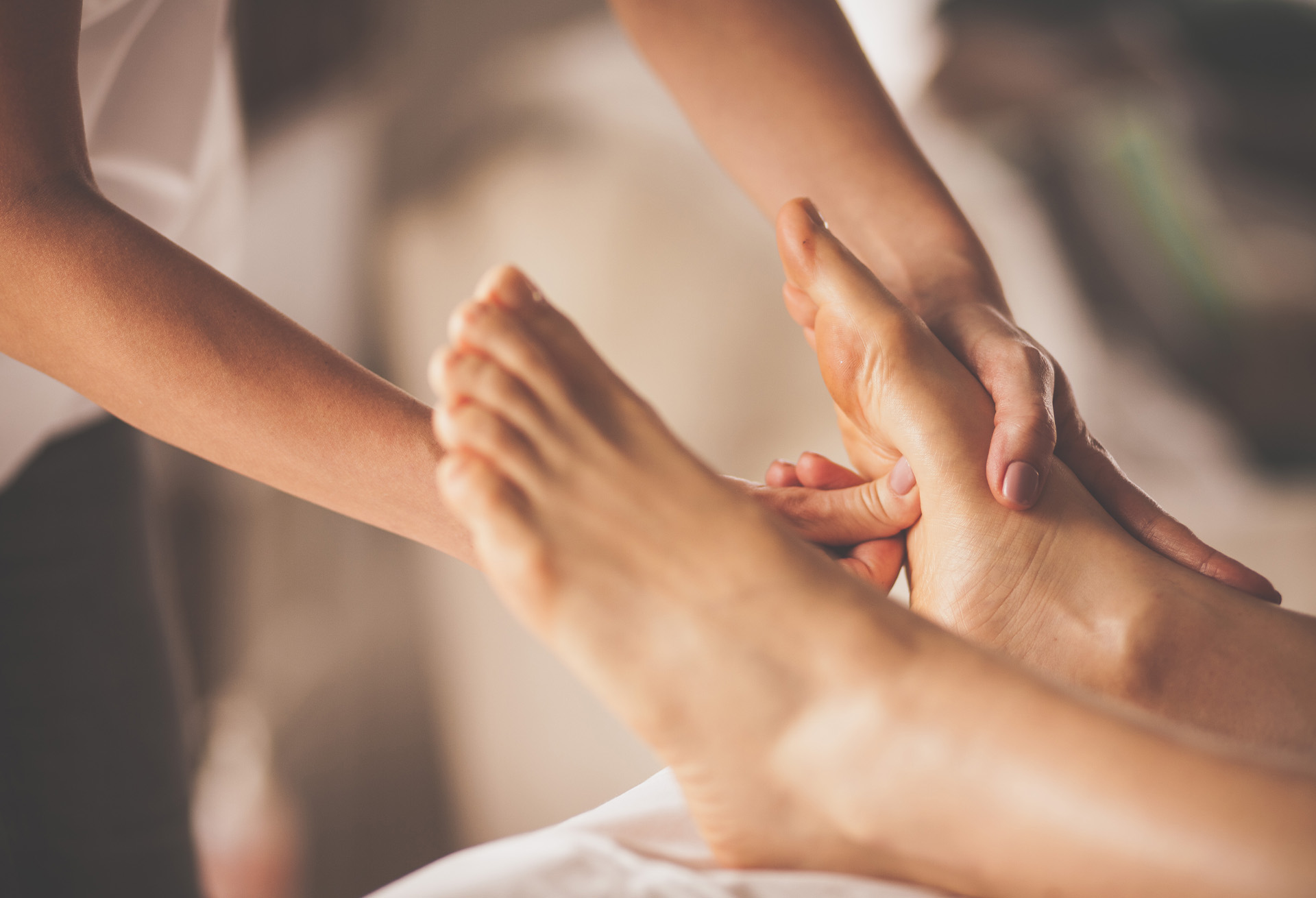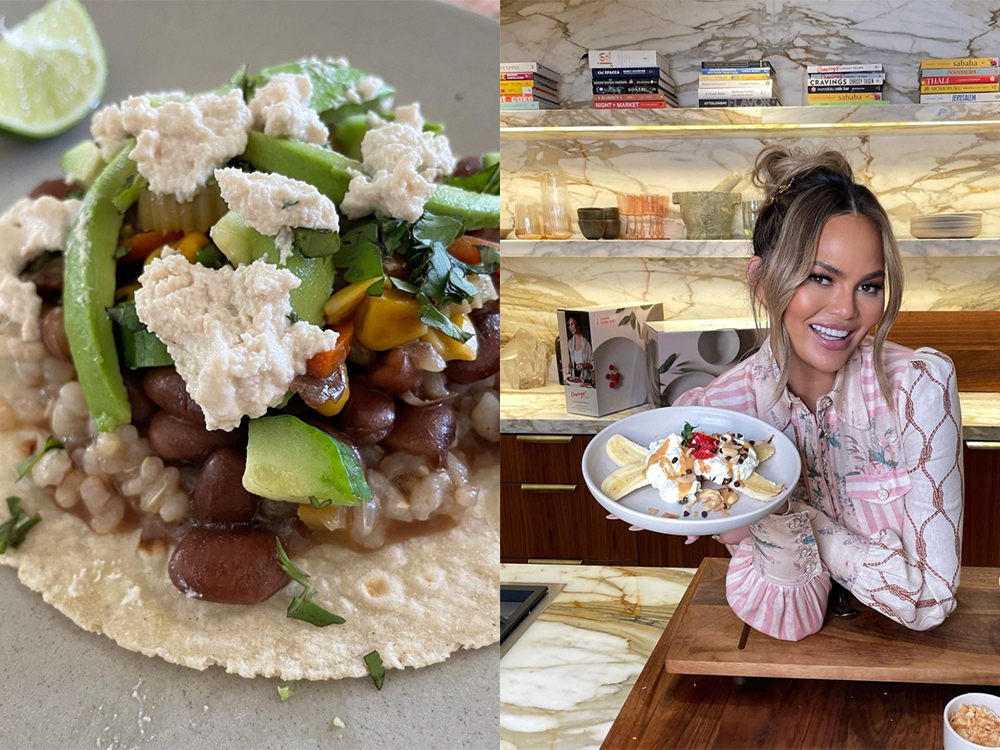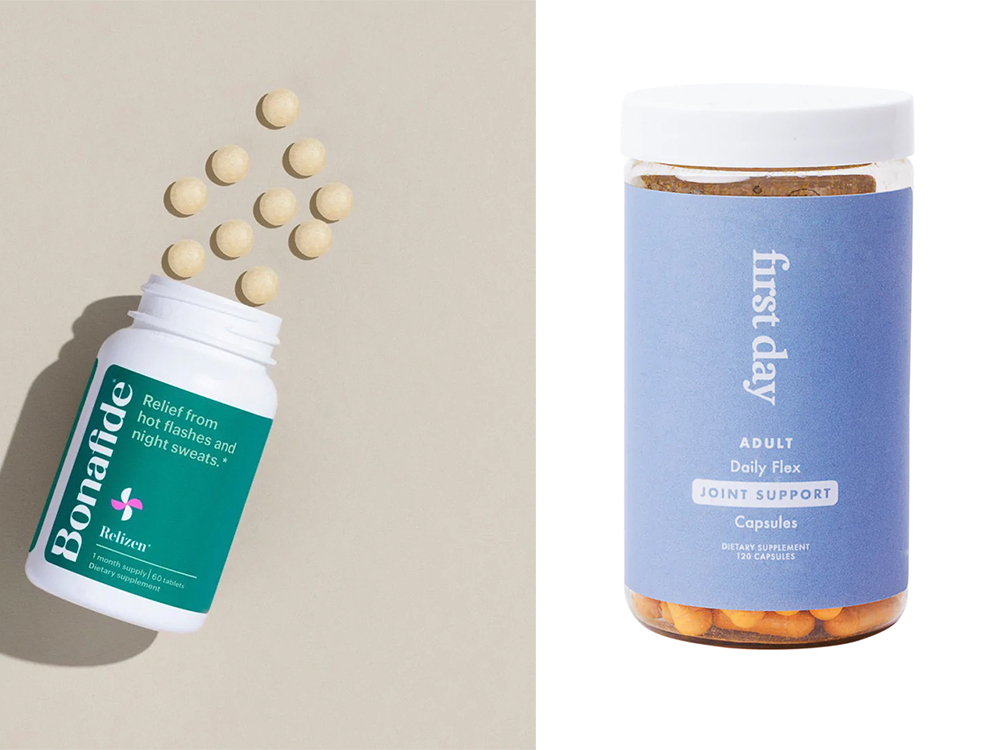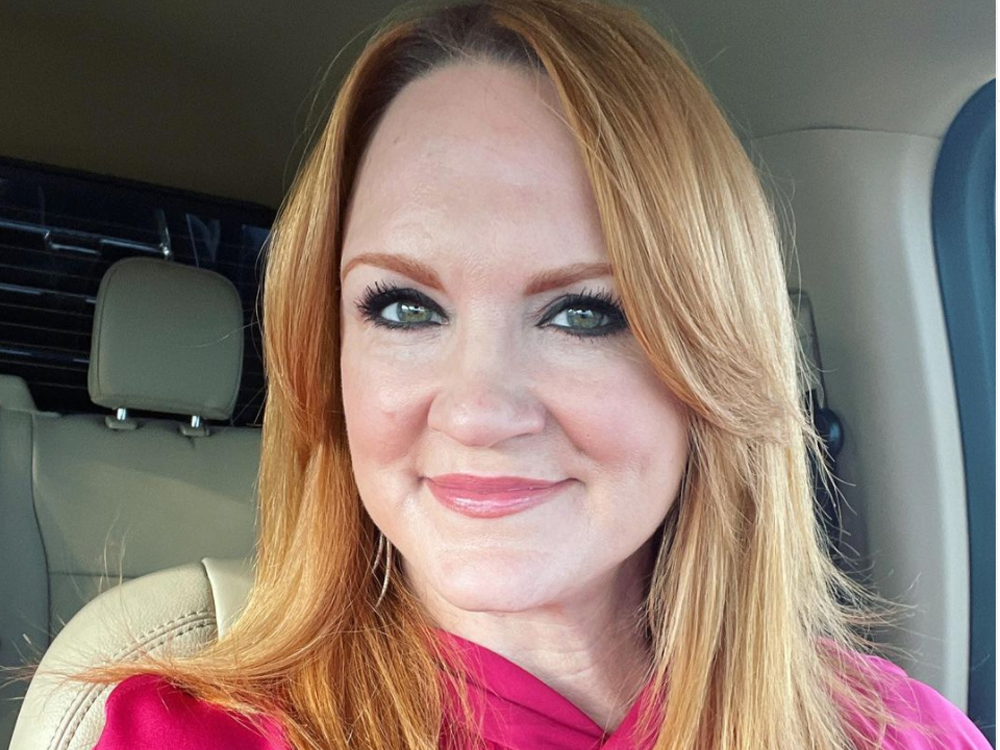Whether you’re practicing self-isolation, social distancing or a self-imposed quarantine, if you have a pantry and fridge stocked full of food it’s easy to cope by over snacking. If you feel like you’ve made too many trips to the kitchen and there doesn’t seem to be an end in sight, you’re not alone. To get us through these anxious times, we reached out to Louisville, KY nutritionist and registered dietitian Susan Wilson for her expert advice on how to stay on track and eat mindfully.
You May Also Like: 8 Ways to Modify Your Beauty Routine During the Coronavirus Outbreak
NewBeauty: What are your best tips for preventing overeating right now?
SW: Many people have more time on their hands right now. Why not use that time to meal prep? Plan your meals and snacks for the week or make a big batch of soup and freeze it for future meals. Cut up fruits and veggies and put just one serving in individual bowls. That way when you have the urge for a little snack, it is quick and easy. Set specific times for meals and snacks to keep yourself and your family in check and prevent going to the kitchen mindlessly 10 times a day. Be mindful. Ask yourself, “Am I really hungry, or am I just bored?” Drink plenty of water between the meal and snack times.
NB: What if you’ve already gone through your first batch of snacks and food from the anxiety of it all?
SW: I’d suggest not giving in to buying so much of the snacky type foods right now like chips, etc. They don’t provide any real nutritional value. They also are not filling so you end up wanting to eat more. It’s a good time to really reassess how much you truly need, nutritionally speaking. You can Google “nutrition needs calculator” and find out your estimated daily needs. Most people overconsume. Most Americans consume much more protein daily than they need. Right now, is a really good time to determine what you really need, nutritionally speaking.
NB: What is the best way to shop for healthy food when the shelves seem to be bare? What if only unhealthy options are left?
SW: You will find the meat and egg sections at the grocery store pretty dismal right now. But, local farmers likely still have a good amount of foods available. Find out who your local farmers are, see if you can stop by to pick up or have foods delivered to your home. Many farmers participate is Community Supported Agriculture (CSA) which connects the producer to the consumer. Not only will you be helping to support a small farmer, but you also may be able to get some foods that are scarce in the grocery stores right now.
NB: Are frozen and canned foods the way to go?
SW: I’ve noticed the past couple times I’ve gone out to the grocery stores that a lot of the frozen and canned fruits and vegetables are gone, but that there is a lot of fresh produce still available. What would your Grandmother do? She would buy that produce, blanch it to freeze or can it. Put it in a stew, and freeze half for later. Our generation doesn’t know how to conserve food for future use because we are so accustomed to any food we want being readily available. It’s a good time to stop food wasting and start thinking of ways you can extend the life of the food you have.
You can always think outside the box, too, to allow yourself to stay on track with a healthy diet. Some food items might not be available right now, so I recommend taking a multivitamin if you can, such as Vitafusion MultiVites. These gummy vitamins are a great way to help supplement your diet and give essential nutrients.
NB: What else should people remember as they make preparations?
SW: I’d like to end this by asking people to please not hoard. If everyone bought just what they needed, everyone would have enough. The individuals who are hoarding food are making it especially difficult for those with a limited income.
